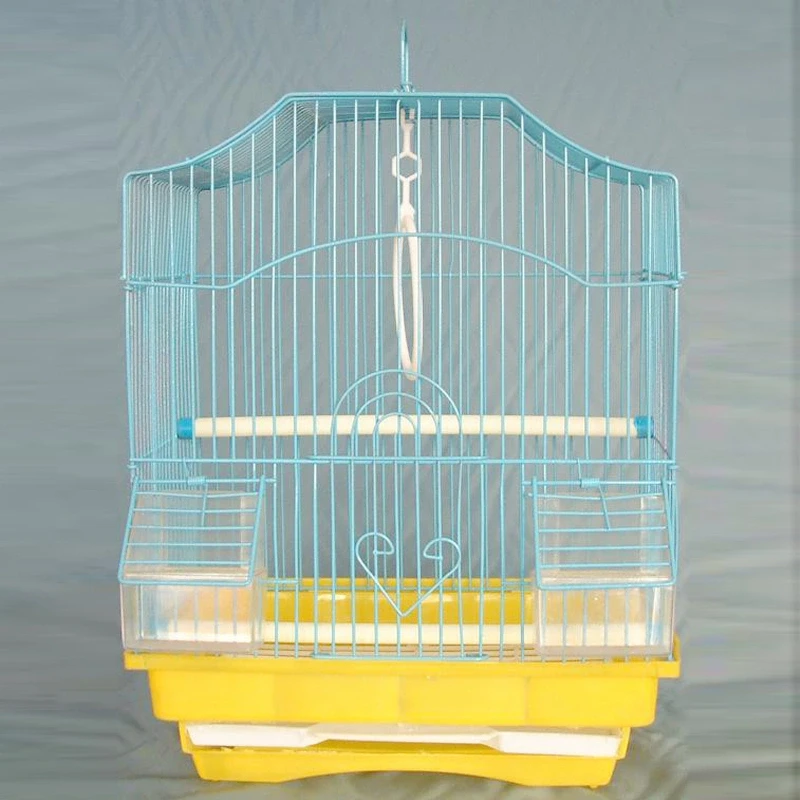Understanding Water Filter Screens Essential Tools for Clean Water
Water is a vital resource for life, and ensuring its purity is crucial for health and well-being. One of the key technologies that aid in maintaining clean water is the water filter screen. These screens play an essential role in various water filtration systems, removing impurities and ensuring that the water we consume is safe.
Water filter screens work by utilizing a physical barrier to separate particles and contaminants from water. Typically, these screens are made from materials like stainless steel, plastic, or various synthetic fibers, designed to withstand varying water conditions while providing efficient filtration. The screen’s design usually includes a mesh structure with specific pore sizes that determine what can pass through and what gets filtered out.
The applications of water filter screens are diverse. They are commonly used in industrial settings, municipal water treatment plants, and residential systems. In industrial applications, these screens help protect machinery and processes from contaminants that could cause wear and tear. Municipal systems rely on filter screens to ensure that the water supplied to homes and businesses is free from sediment, algae, and other undesirable substances. In residential systems, filter screens are often integrated into your faucet filtration setups, ensuring clean drinking water right from the tap.
water filter screen

The effectiveness of a water filter screen is influenced by several factors, including the size of the particles it is designed to filter, the flow rate of the water, and the overall design of the filtration system. It's essential for users to understand these factors to select the right filter for their specific needs. For instance, a screen with a finer mesh can catch smaller particles but may also slow down water flow, which could be a consideration for residential use.
Regular maintenance is key to ensuring that water filter screens continue to work effectively. Over time, screens can become clogged with debris, reducing their effectiveness. Depending on the usage and the type of water being filtered, users should clean or replace their filter screens periodically. This not only prolongs the life of the filter but also ensures optimal performance in maintaining water quality.
In conclusion, water filter screens are indispensable components in the quest for clean water. By understanding their functionality, applications, and maintenance needs, individuals and businesses can take informed steps toward enhancing water quality. As concerns about water pollution and contamination grow, investing in reliable filtration solutions becomes crucial for safeguarding health and ensuring access to safe drinking water. Whether in an industrial setting or a homeowner's kitchen, water filter screens are vital allies in the pursuit of purity.

















